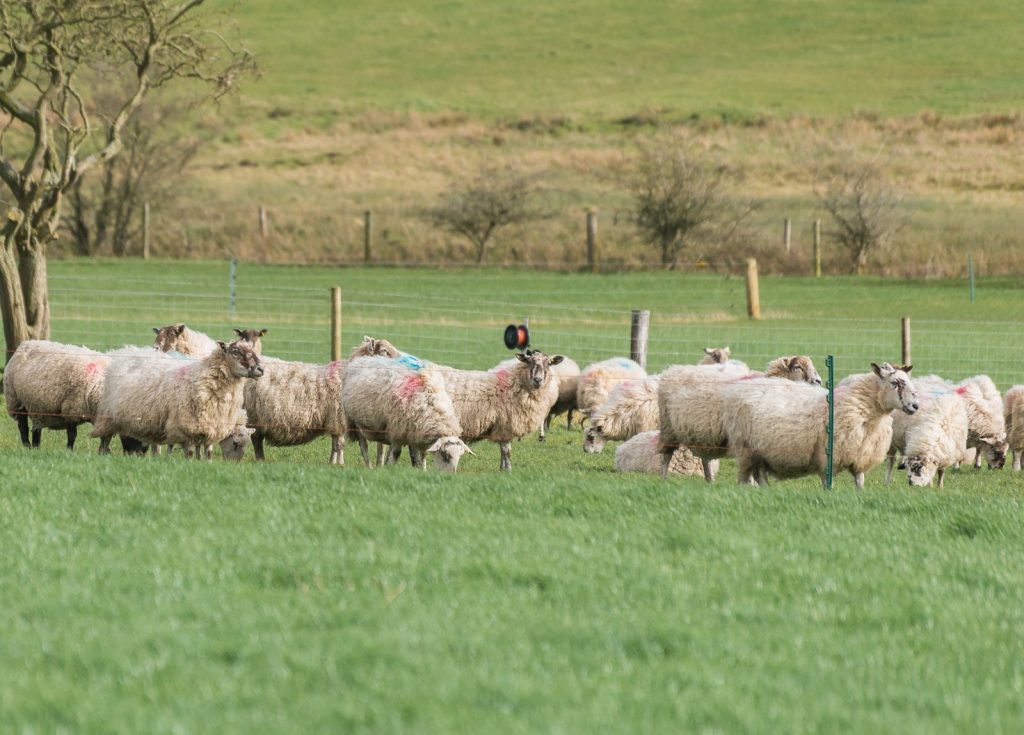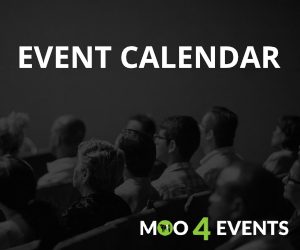Farmers looking to optimise the performance of their grazing livestock by developing their knowledge of their stock’s mineral requirements are invited to attend one of the five free meetings including one being held in Lockerbie in Dumfries and Galloway,being organised by Quality Meat Scotland (QMS) as part of its Better Grazing programme.
The events, which will be held in Inverness, Inverurie, Perth, Lockerbie and Melrose between 5-12th February, will focus on the role and sources of minerals, symptoms of deficiency and negative effects on production. The workshops will also describe the types of tests and analysis available, how to interpret the results, and how farmers can work with their vet or nutritionist to develop action plans and treatment options.
Livestock vet Fiona Lovatt and ruminant mineral nutritionist Peter Bone will be the key speakers at these meetings and will help advise the farmers who attend how they can optimise livestock performance by managing the minerals of their stock at pasture.
“Cattle and sheep require certain key minerals for both reproduction and growth; without them the animal’s productivity and profitability can be affected,” said Dr Lovatt, who runs the sheep veterinary consultancy business, Flock Health Ltd.
She added: “With many livestock producers looking to reduce supplementary feed costs and make the most from their grazed grass, having a good awareness of the mineral requirements of their stock at pasture is vital.
“These hands-on workshops will help address the challenges that sheep and cattle farmers face when trying to ensure correct mineral balance in their livestock – so there is enough but not too much!”
Delivering the events with Fiona will be Peter Bone, who has over 30 years of experience working as a ruminant mineral nutritionist in the UK, Ireland, America, Mexico and New Zealand. In 2014 he established his own consultancy business to focus on ruminant mineral nutrition working alongside veterinary practices and livestock farmers.
“The correct balance of minerals is important and knowing all the sources of minerals on farm is a key element of maximising livestock performance from grazed grass,” said Mr Bone.
Emily Grant, Knowledge Transfer Specialist with QMS commented: “I’m delighted that we have Fiona and Peter coming to speak at the next round of Better Grazing meetings.
“Minerals play an important role in livestock production, but it’s not an exact science. A shortage, and in some cases an excess of minerals can have a negative effect on production. Supply from pasture can also vary through the season, as can livestock requirements.
She added: “Fiona and Peter are both enthusiastic and engaging presenters with a great reputation of being able to communicate complex issues in an easily understandable way. I would urge farmers looking to gain a little more insight in to minerals, and how to make the most of them, to attend one of these meetings.”
Now its third year, the main objective of the QMS Better Grazing Groups is to improve livestock producers’ profitability through the better use of grazed grass.
The “Better Grazing” meetings will be held on the following dates:
Tuesday 5 February – Jury’s Inn, Millburn Road, Inverness, IV2 3TR
Wednesday 6 February – Thainstone Centre, Inverurie, AB51 5XZ
Thursday 7 February – Gloagburn Farm, Tibbermore, Perth PH1 1QL
Monday 11 February – Dryfesdale Hotel, Dryfesdale, Lockerbie, DG11 2SF
Tuesday 12 February – Melrose Rugby Club, Melrose, TD6 9SA
All of the meetings will begin at 10:30am and finish at 3:30pm except Inverurie which will run from 10am to 3pm. Attendance at these workshops is free and lunch will be provided. Places at these meetings can be reserved on the Eventbrite booking website (search for QMS Better Grazing) or by contacting QMS direct on 0131 510 7920 or emailing [email protected]






